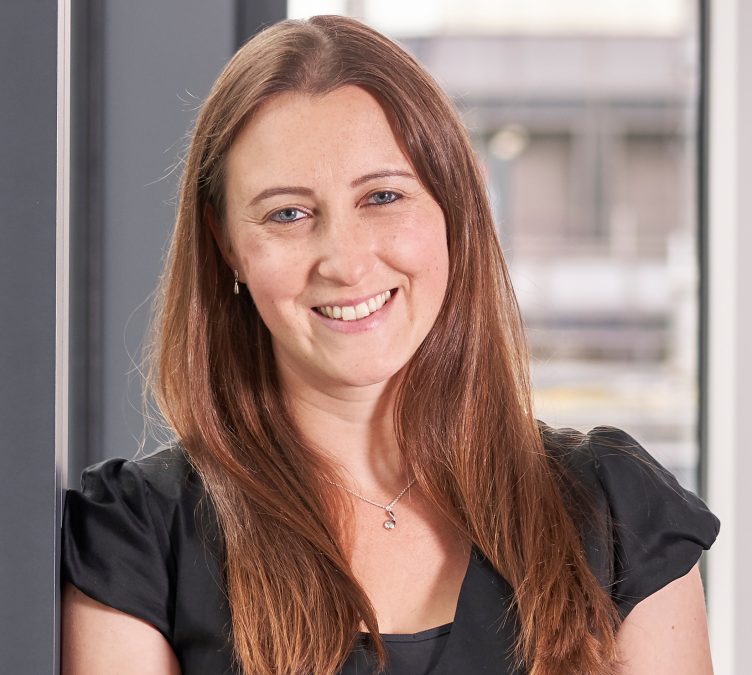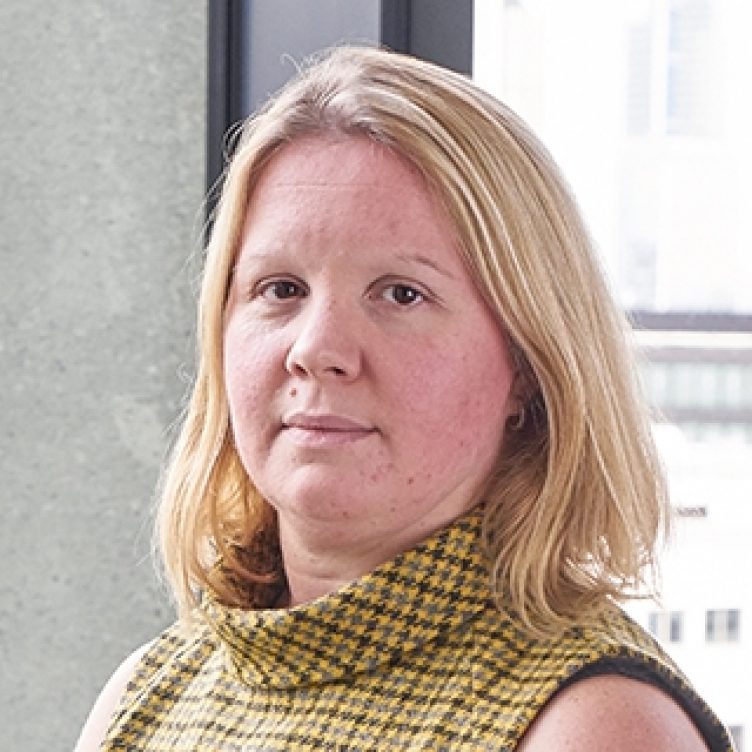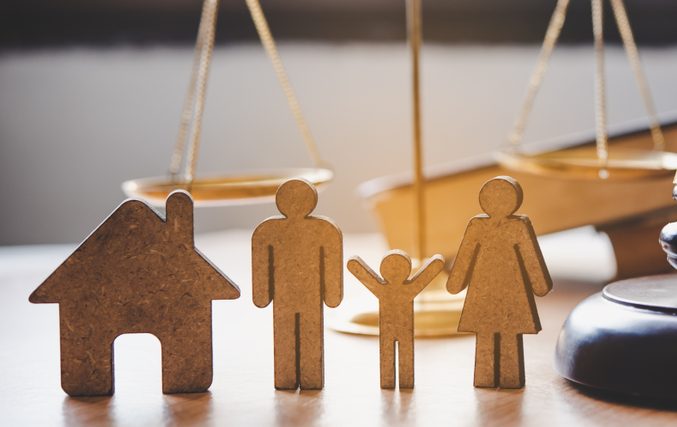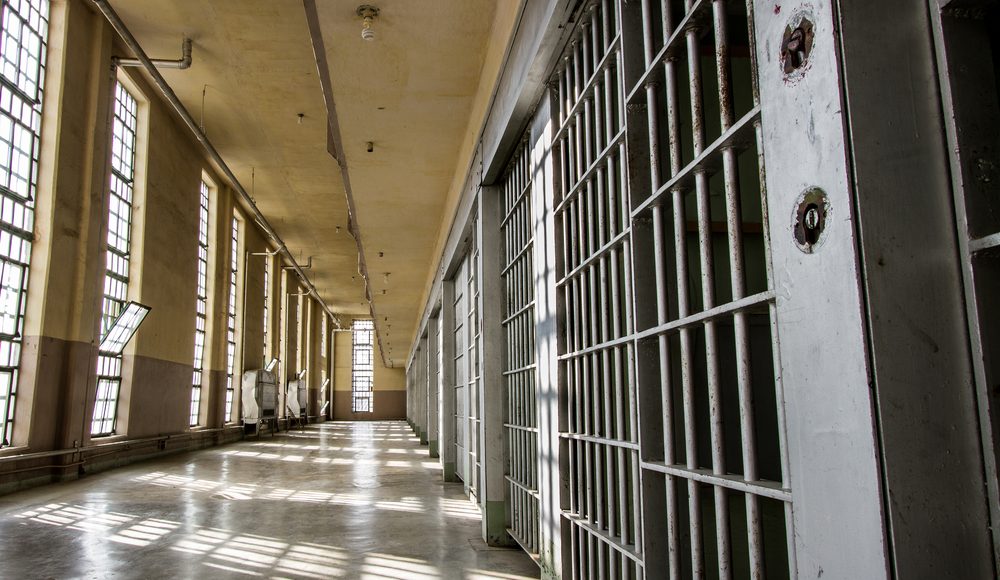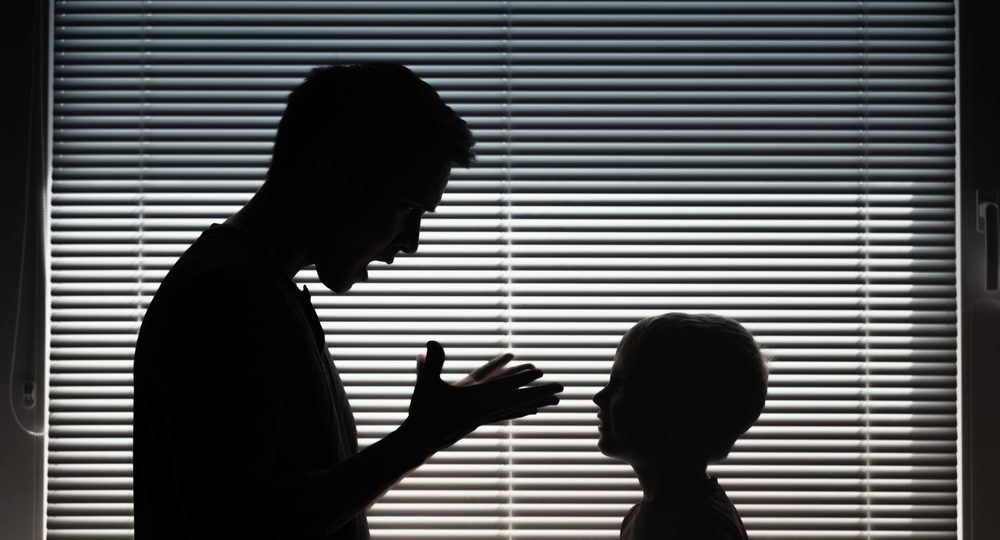In February 2024, the Nuffield Family Justice Observatory (NFJO) published a report entitled Uncovering private family law: how often do we hear the voice of the child? The report explores the extent of children’s participation in family proceedings and reiterates previous findings that, in many cases, children’s voices appear entirely unheard in private law proceedings.
In this article, knowledge lawyer Carla Ditz and knowledge paralegal Jess Orrells consider the voice of the child in proceedings and the key findings of the NFJO report.
The voice of the child
The family court is often responsible for making important and potentially life-changing decisions about a child’s upbringing. However, when the court addresses disputes regarding arrangements for children, the children themselves are not automatically involved.
A child’s right to participate in proceedings is widely recognised in domestic and international law. Article 12 of the United Nations Convention on the Rights of the Child provides that children should have the right to express their views in legal proceedings that affect them. Those views are to be given due weight in accordance with the age and maturity of the child.
In England and Wales, section 1 of the Children Act 1989 provides that the child’s welfare must be the court’s paramount consideration when determining any question with respect to the upbringing of a child. The court is directed to have regard to the ascertainable wishes and feelings of the child concerned, considered in the light of his or her age or understanding.
Difficulty arises, however, in how this operates in practice. The formal mechanisms in place to enable children in proceedings to express their wishes and feelings (as discussed below) are not necessarily well supported nor effectively carried out across the board. The result? An overwhelming number of children who feel their views are not taken into account and that decisions regarding their future are imposed upon them rather than (where appropriate) in consultation with them. Research has shown that significant benefits can flow from involving children in decision-making about their future, provided it is managed appropriately. But why is experience of this so varied?
How can a child’s wishes and feelings be shared with the court?
Typically, a child’s voice can be heard in proceedings by adopting one or more of the following avenues involving direct consultation or engagement with the child: (i) a report prepared under section 7 of the Children Act 1989 (“a section 7 report”) by Cafcass (ii) a section 7 report prepared by the local authority (iii) a report under section 37 of the Children Act 1989 (“a section 37 report”) and (iv) the appointment of a guardian. Taking each of these in turn:
Section 7 report
A section 7 report is ordered by the court to investigate the family circumstances and report on matters relating to a child’s welfare. One of the main ways in which the court can ascertain a child’s wishes and feelings is by ordering a section 7 report prepared by either Cafcass or the local authority (usually if there has been previous local authority involvement with the family). As part of the process for producing the section 7 report, the author usually communicates directly with the child/children concerned to understand their wishes and feelings, and advises the court as to what order would be in the child’s best interests.
Section 37 report
Under section 37 of the Children Act 1989, the court has the power to order the local authority to investigate the child’s welfare if it considers that a public law order, specifically a supervision order or care order, may be appropriate. As with the section 7 report, the author will usually meet with the child/children before providing the report.
Appointment of a guardian
The court can include the child in the proceedings by appointing a guardian (a registered social worker) under rule 16.4 of the Family Procedure Rules 2010. The guardian will get to know the child, gain an understanding of their wishes and feelings and provide the court with their independent view by appointing a solicitor to represent the child in court.
The NFJO report investigated the proportion of children involved in private law applications who may have actively participated in those proceedings by virtue of the above four ‘markers’. The statistics show that around half of the children (53.9%) had at least one marker of participation within three years of the case start date. This signifies that for almost half of the 67,000 children in England and Wales involved in a private law case starting in 2019, there is no indication that they participated in their case, even though the outcome of proceedings is likely to have a significant and long-lasting impact on their lives. Furthermore, only 5.2% of children in England and 7.2% of children in Wales had more than one marker of child participation.
Other ways a child may participate in proceedings include writing or meeting with the judge, giving evidence (although this is rare) and engaging with experts such as psychologists or independent social workers. The NFJO report highlights the use of welfare reports and the appointment of guardians as the primary vehicles for participation in proceedings. However, dependence on welfare reports to fulfil this function is problematic. The NFJO report notes that under the current framework in England and Wales, section 7 and section 37 reports are not routinely ordered in all cases and cannot be requested before the first hearing. The report notes that there is no universal mechanism for children to express their wishes and feelings despite the hugely consequential nature of these cases.
Key findings from the NFJO report:
- In almost half of the private law case studies, there was no indication that the children concerned participated in their case.
- In England, two-fifths of children aged 10 to 13 and a more significant proportion of older teenagers had not formally participated in the court proceedings; a similar pattern was seen in Wales.
- A higher proportion of children living in more deprived areas participated in some way compared to those living in the least deprived areas (56.1% compared to 50.6%). There were no statistically significant differences in Wales.
- The level of participation was lowest for those who were the only child in their case (46.6% in England and 43.5% in Wales), compared to those with one sibling (54.6% in England and 48% in Wales) and children with two or more siblings (60% in England and 54.5% in Wales).
- Geographically, there were significant variations in children’s participation in proceedings across England and Wales.
- Children’s participation is more common in cases that last longer.
- The report found that half of children, including older children and teenagers, do not have any indicators that they had been consulted directly during the proceedings.
The report concludes that strikingly few children have a voice during proceedings.
What can we take from this report?
The NFJO report concludes by stating that the challenge to the family justice system as a whole is to reflect on the changes needed to ensure mechanisms are in place that give children the opportunity to have their voices heard. This is to ensure children’s rights, as enshrined in domestic and international law, are upheld and to support decision-making that is in the children’s best interests.
The report refers to the pilot Pathfinder Courts introduced in North Wales and Dorset in 2022. The pilot process uses a mechanism through which all children can express their wishes and feelings from the start, not just in cases where welfare concerns are subsequently identified. Expanding a model such as this while improving existing mechanisms could go some way to tackle the concerns raised by the report’s findings and ensure the voice of the child is effectively heard.
Partner Carly Kinch comments: “The welfare checklist requires the court to have regard to the ascertainable wishes and feelings of the child, and Article 12 of the UN Convention on the Rights of the Child provides that a child who is capable of forming his or her own views should be afforded the opportunity to express those views and for those to be given due weight, particularly in proceedings affecting them. Despite this, separate representation and joining a child to proceedings have historically been relatively uncommon.”
“That is not surprising given the expectation of the relevant legislative provisions is that this will be the exception rather than the norm. However, recent jurisprudence does seem to suggest a change in attitude towards the participation of children in proceedings with a move away from the traditional paternalistic approach and with greater emphasis on autonomy and the rights of the child. The NFJO report not only supports this change in attitude but encourages fundamental, procedural change to ensure that the voice of the child is properly heard in matters that affect their care and upbringing.”
You can find further information regarding our expertise, experience and team on our Divorce and Family page.
If you require assistance from our team, please contact us.
Subscribe – In order to receive our news straight to your inbox, subscribe here. Our newsletters are sent no more than once a month.


